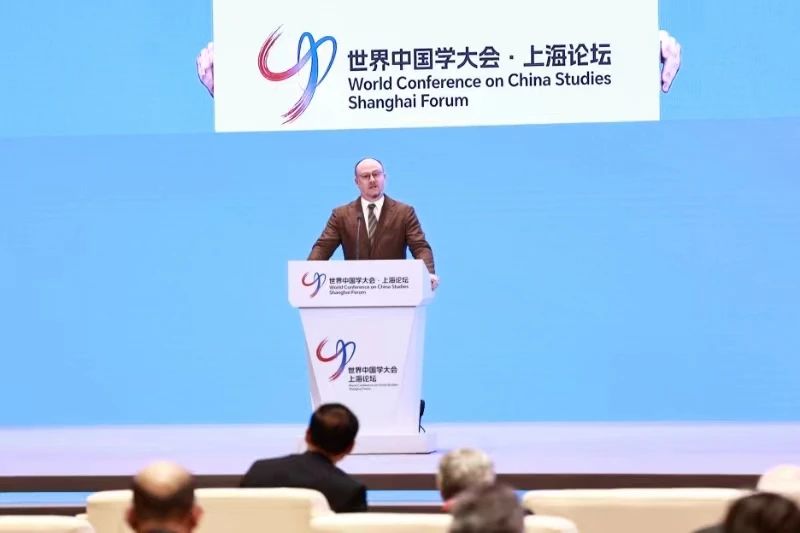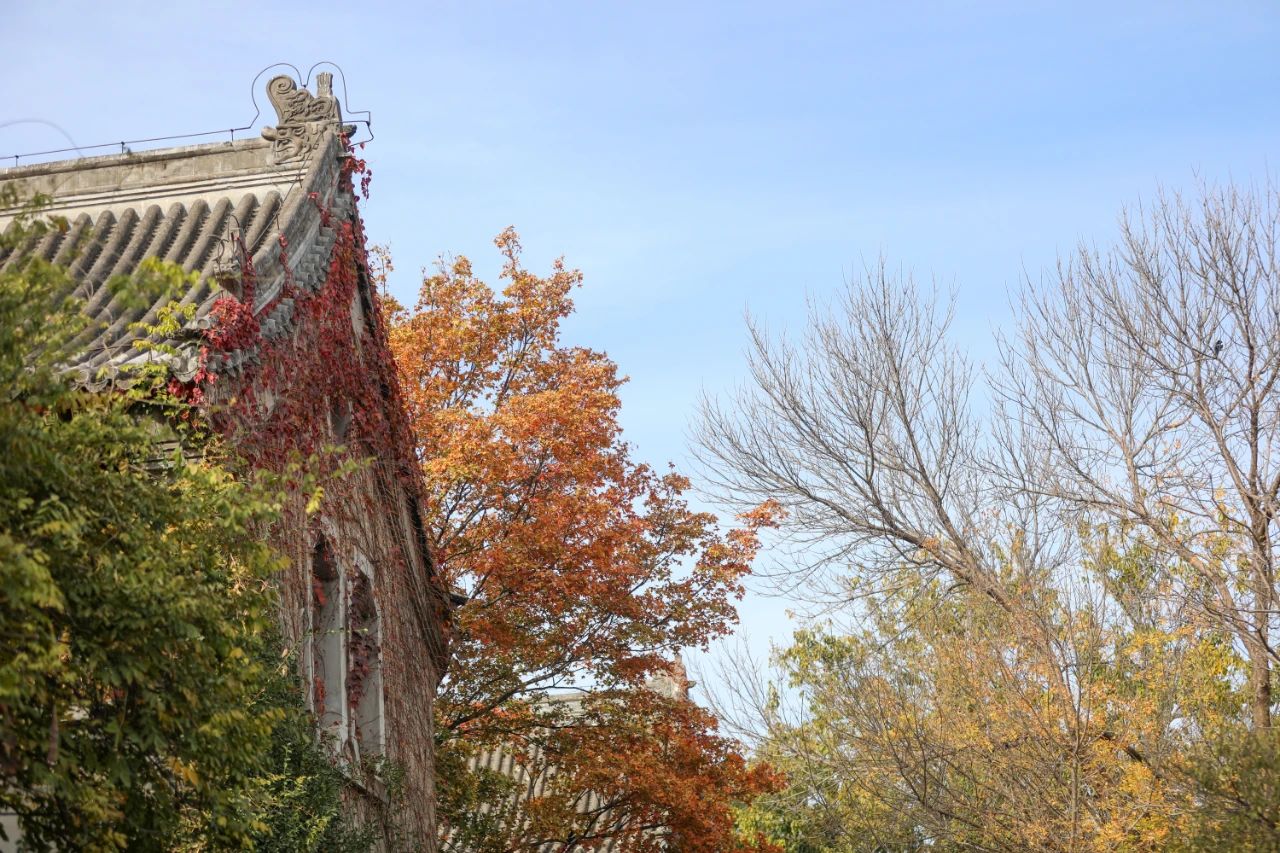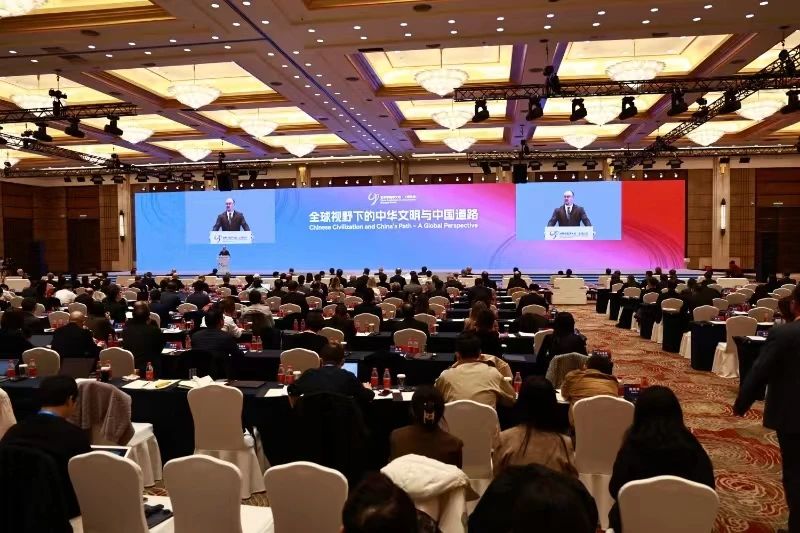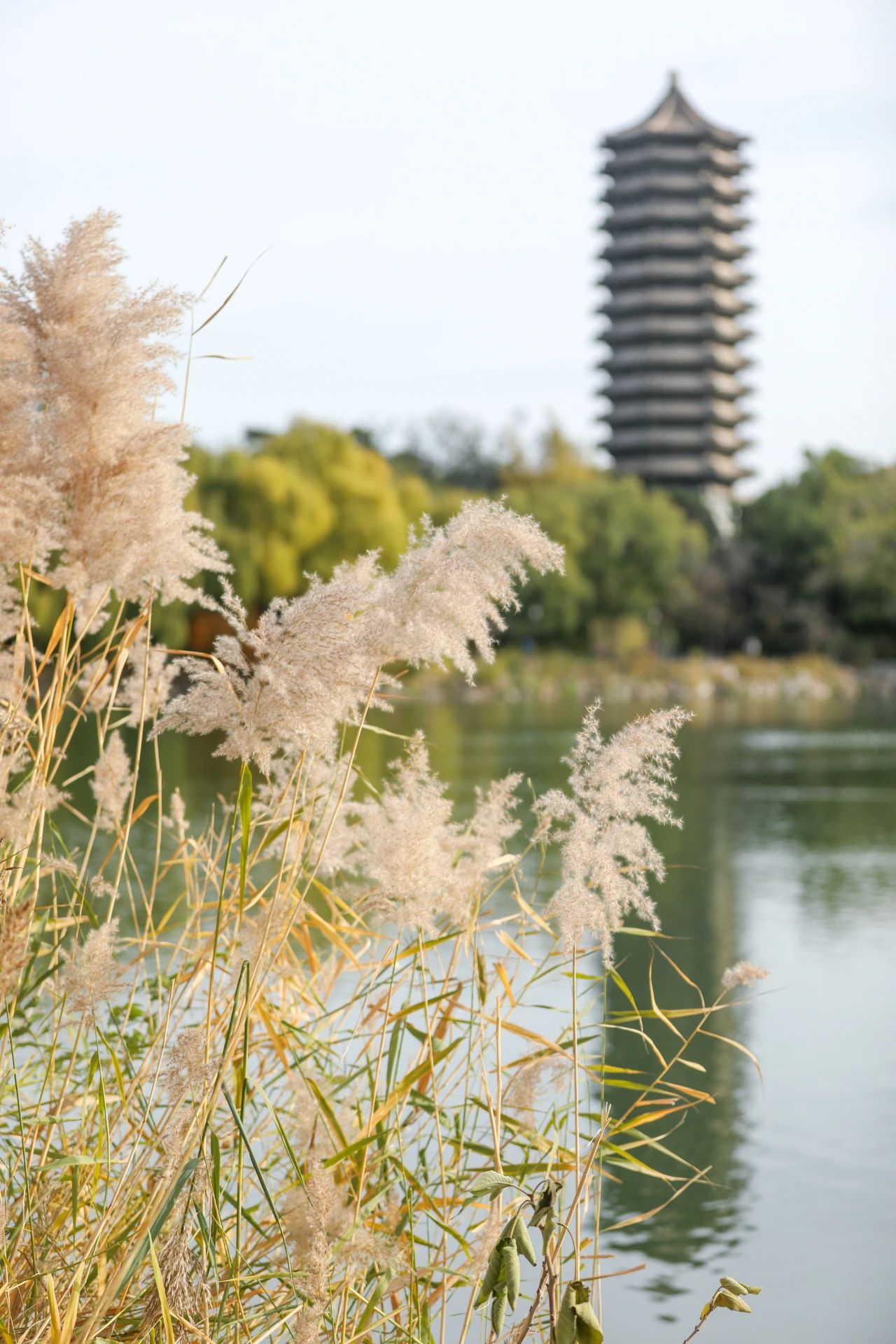Good morning distinguished guests, colleagues, and new friends. My name is Brent Haas and I’m Associate Dean at the Yenching Academy of Peking University. Ours is a two-year, fully-funded Master’s program in interdisciplinary China Studies. Every year we admit around 110 new students, with roughly 20% coming from the Chinese mainland and 80% from overseas. For course instruction and thesis advising, we are fortunate to be able to draw upon the faculty expertise and academic resources in the humanities and social sciences at Peking University. In my role at Yenching Academy, I not only oversee admission affairs for the program, but, among other things, I also teach courses on Chinese history, one of which is relevant to our discussions today—History of the Field: Sinology and China Studies from a Global Perspective. In today’s brief talk, I’d like to connect those two aspects of my work—admissions and the historiography of China Studies—to share my thoughts on what brings our students to a graduate program in China, how they relate to and engage with the academic legacies of China Studies, and what I’ve learned through the process of designing and teaching this course.

Although Yenching Academy is an academically-focused, China Studies Master’s program, we are not simply training the next generation of Sinologists or China Studies research professors. While roughly 20-30% of our graduates continue their academic study at the doctoral level or in other post-graduate programs, the majority enter the work force in many different fields, including private industry, consulting, government service, diplomacy, and international organizations. Those who join our program have varying levels of personal, professional or academic engagement with China before applying. I would venture to say that one-third of our incoming students have degrees related to China, Chinese language, or East Asia, and one-third might have a minor or some coursework related to China, but the remaining third have little to no previous China-related training. But, aside from a curiosity to learn about China in China, one thing nearly all of our incoming students share is a developing expertise in another academic or professional field that they hope to combine with their China Studies education and eventually develop into a thesis topic. They have another lens through which to view China, so to speak; theories and methodologiers to use to better understand and produce knowledge about China. But beyond understanding and producing scholarship, our students crave opportunities to engage, to collaborate with Chinese colleagues and practitioners in the fields in which they share interest.

When students apply to join Yenching Academy, they are required to choose one of six research concentrations. These include History and Archaeology, Economics and Management, Law and Society, Literature and Culture, Philosophy and Religion, and Politics and International Relations. Aside from their required courses, including Chinese language classes for international students, they can select from a broad array of classes taught both at Yenching Academy and in other departments at Peking University. We encourage students to take any elective courses, regardless of their research concentration, to stimulate interdisciplinary perspectives as they build toward their thesis research during the second year of the program. This approach—studying China through social scientific and humanities disciplines—is somewhat reflective of the area studies model initiated in the middle part of the twentieth century, but there are two essential differences. The first is that our students are studying China in China, rather than from abroad. And the second is the direct engagement with and mentorship from Chinese academics in a local university setting. I believe these differences make significant progress in solving some of the most pressing issues identified by many critics of the area studies model.
When students take my course on the global history of Sinology and China Studies, I try to offer readings and discussions that contextualize the development of the field of academic inquiry that they are part of. I first present the traditional, Western-centric narrative of the Jesuits and Orientalists, British consular officials and Protestant missionaries, French Sinologists and American area studies specialists. We question that narrative with academic critiques focusing on orientalism, colonialism, and Cold War-era national interest, among others. The course’s global focus also complicates the “grand Western narrative” by showing regional variations and counternarratives highlighted in the histories of Sinology and China Studies in Russia, Japan, Southeast Asia, India, and the Middle East. This more global perspective, I believe, highlights the distinct starting points but similar epistemological and methodological developments in knowledge production about China around the world. Seeing non-Western local variations of the more familiar history of Sinology and China Studies hopefully convinces students that history of intellectual engagement with China is truly global, and that it is a process of intellectual development from Sinology to China Studies. I suppose I need to change the title of my course to reflect that.

Student comments and reactions to the readings in my China studies historiography course suggest that Orientalism, postcolonialism, and what might be called discursive critiques of the last several centuries of the political and intellectual history of Sino-Western interactions have taken root—not only for students with academic degrees in Asian studies but also for those with less formal training in this field. Students seem very wary of falling into the traps of Orientalist essentialization of Chinese systems of culture, thought, society, etc. They seek to avoid speaking for the subject so of their studies, and they want to move beyond the intellectual constructs of previous, and likely, current generations of scholarship. These are undoubtedly positive changes, but they do pose pedagogical difficulties in a course that requires students to think about Sinology or Area Studies not just as targets of academic criticism but also as historical precedents for the intellectual endeavor they are engaging in. Convincing them that historiography from Sinology to area studies to China Studies in China is relevant to their work and will make them better informed scholars is a worthy challenge. It has certainly forced me to reconceptualize my personal understanding and narrative presentation of this intellectual history.
Our students are eager to find new ways to think about China studies and better strategies for carrying out our research. I think we all are. Personally, I agree with many of the criticisms pointing to the shortfalls of China Studies, but I’ve yet to see a clear path forward. I hope conferences such as this one can help push the field toward the kind of sensitive intellectual innovation that my students seek. I look forward to attending as many presentations and discussions as I can to learn how each of you are grappling with these issues in your own work. Here's to a productive and thought-provoking conference! Thank you!
